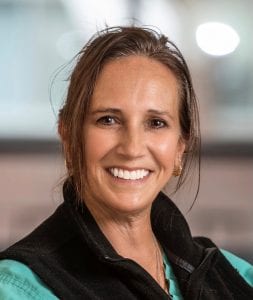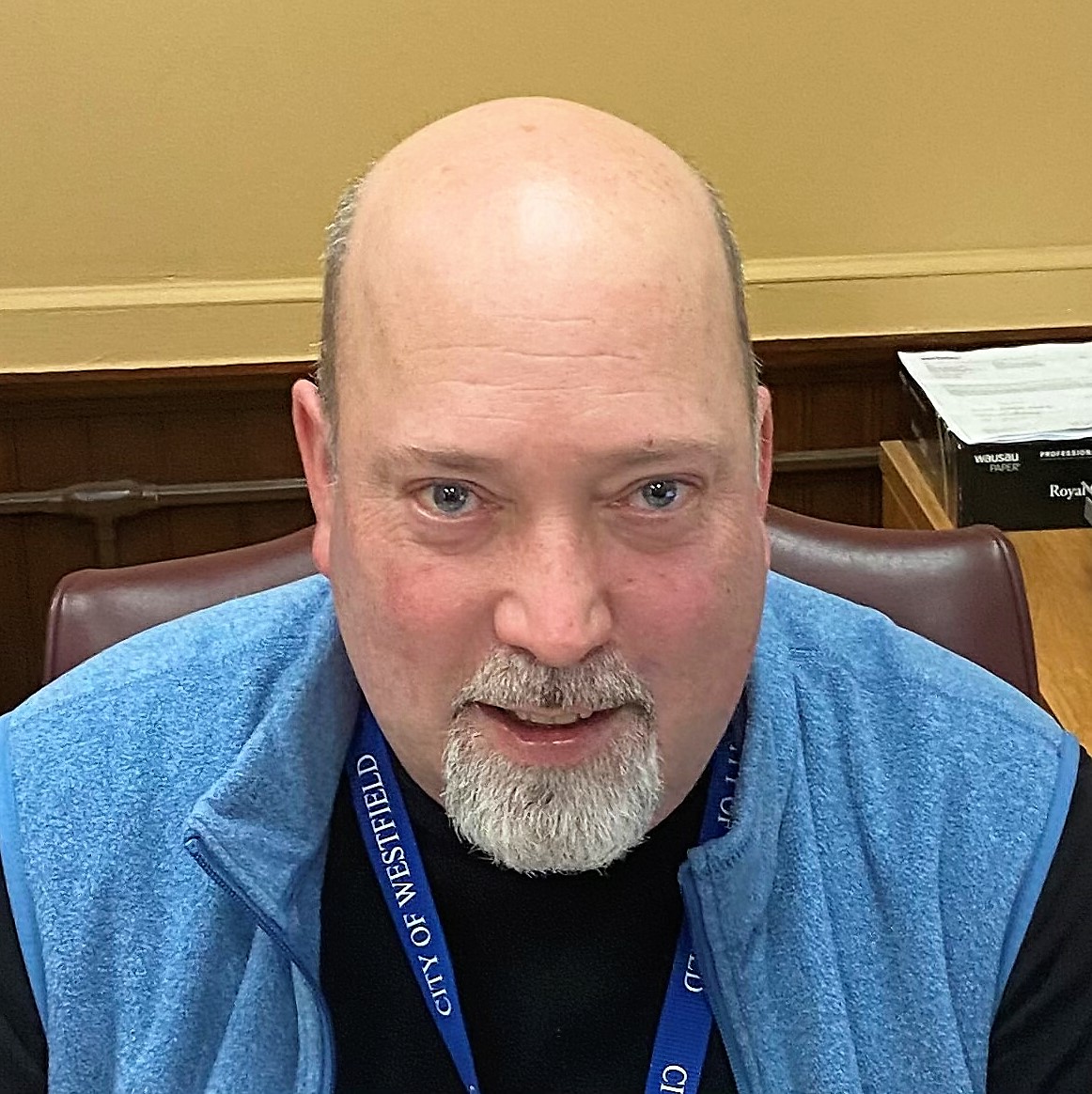
JUANITA CARNES,
Chair, Westfield Board of Health

JOSEPH ROUSE,
Westfield Health Director
By Juanita Carnes FNP, Board of Health chair and Joe Rouse, health director
Children are at risk during this pandemic. Not so much from the disease itself like adults, but from all the psychosocial effects. And if you ask any emergency room care giver, one sick child is too many. Thankfully, the effort to evaluate COVID-19 vaccines in children is moving forward quickly. Vaccines are available for children 16 and up right now. It has been unofficially suggested that vaccines for ages 12-15 may be available this Spring.
Massachusetts reports 669 (604 students, 65 staff) new cases in schools during the week ending May 5th. In the US there have been 3.78 million positive cases in children since the onset of the pandemic with 72,000 new cases this week.
It is important to get children vaccinated for multiple reasons. The first obviously is to protect that child and reduce their chances of serious complications. The emergence of faster[1]spreading variants and rising adult vaccinations means children will be contributing more to the spread. The virus will find ways to survive and spread unless we vaccinate and close off those pathways. Returning to school more safely is an important consideration. Children make up about 30% of the population. If we can vaccinate them, it puts us closer to herd immunity. We have also learned that children can get infected and become very ill. Children can transmit to other children and adults in group settings. It protects older adults around them who are high risk. Children are also suffering from “long COVID” even if not hospitalized during acute disease.
Clinical trials to evaluate COVID-19 vaccine are underway for children 6 months to 15 years old. Children are not just miniature versions of adults. Their immune system is different. They tend to have a stronger immune response to vaccines. Nor is the immune system of a 6-monthold the same as a 6-year-old or a 16-year-old. Their capacity to respond to vaccines is not the same. Trials at Yale University lead by Dr Yildirim will follow a protocol consisting of determining a safe dose of the antigen and whether that dose is effective for different age groups. Once they have a safe and effective dose in an older group, they trial it in the next lower age group and down to infants. They start at the lowest, safest level of antigen and increase until adequate response is seen. They also are looking for an immune response without too many side effects. Trials for children are also complicated with the other vaccines that children routinely receive. The trials have to assure that the vaccine is not interacting with other vaccines and not reducing their efficacy. Interestingly, a child’s (generally 5 and over) consent is required as well as their legal guardian to participate in trials.
Researchers are confident that a safe and effective dose will be determined and approved for emergency use in the near future. Dr. Yildirim states, “During the urgency of the pandemic we used the skills and scientific discoveries we had been accumulating over the last decade or two to develop a vaccine within an incredibly short time.” From a public health standpoint, any possible question of safety is a step backwards. Safety is vital in any clinical trials involving children.
Timing of its availability depends on these trials. Based on the current pace of research, hopefully some children will be vaccinated for return to school in the fall. In preparation, it is important that your child is up to date with their routine vaccinations. It is likely that the childrens’ plan will be similar to the adult roll out with high risk children vaccinated first. It would be a good plan to provide children’s COVID-19 vaccine through their pediatrician where they have received all their other vaccines. It is a place that is trusted by parents and children. Requirement for school entry is determined by each state’s government.
My nine-year-old grandson demonstrated that sometimes children have more wisdom than we realize. His parents asked if he wanted to return to school or continue home schooling. He asked if his desk would be six feet away from others and if he would be vaccinated first. When the answer was no to both, without hesitation, he chose to stay home. As stated before and can’t be said enough, the COVID-19 vaccine is our best hope for ending the pandemic. We look forward to the day our children can safely spend time with friends, family, travel and be out in their community. Adults must put children first. Listen to the science. We will be depending on these children to protect us in future pandemics. Take care of yourself and someone else.
Dedicated health department members who have been working tirelessly throughout the pandemic are: Debra Mulvenna RN, Assistant Director Evelyn Bristol RN, Steve Cipriani, Health Inspector Thomas Hibert, Health Inspector Cheryl McMordie, Office Manager Crystal Dugay, Kathi Cotugno, CORE coordinator Other Board Members: Margaret Doody, Stan Strzempko MD WE KEEP WORKING TO KEEP YOU SAFE Wear your mask. Wash your hands. Keep your distance. Avoid gatherings. Stay home. Save lives. Look for us in next Saturday’s edition.


